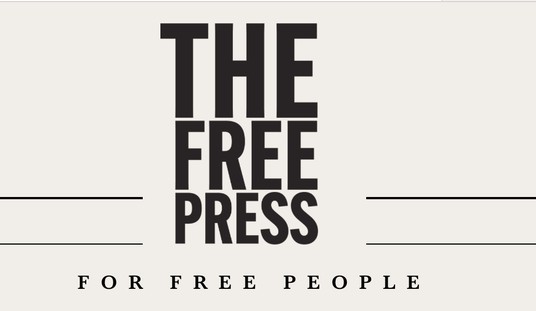Here’s an interesting way the government is blowing your tax dollars, but more on the state and local level than the federal.
As much as I love movies, (well, some of them anyway) the process of making them involves a lot of money. This won’t come as a surprise to anyone who follows the box office numbers on a regular basis. In 1980 the average cost of making a Hollywood film was $4.3M. By last year the average had gone up to $200M and studios are spending up to $100M just on marketing for the big ticket pictures. With that in mind, producers are looking to trim costs wherever they can. One way they do this is to cut deals with states and cities when they need to go do on location shoots in various scenic locations.
The states, for their part, seem to be very eager to attract film crews to their locations. In theory, it’s good business. The studios bring in lots of people who have to stay in hotels, eat, rent various equipment and services and even hire some part time help. The municipal governments also get to charge the studios for permits to film and tourism boards love to see their locations featured in the finished product. But in order to attract them, many governments have been offering huge tax breaks to the studios, often to the point of being crippling. (Press & Sun Bulletin)
Nearly two-dozen studios raked in more than $1.5 billion in rebates from New York over the past nine years as the state rapidly expanded its incentives to lure in movies and shows.
At a time when upstate New York is battling job losses and Gov. Andrew Cuomo is trying to entice new companies through tax incentives, it’s Hollywood that is one of the biggest beneficiaries of the state’s largesse…
NBC/Universal was by far the leader in rebates awarded between 2006 and 2014, getting back a whopping $320 million for up to 30 percent of its production costs to film in New York.
Sony/Columbia was refunded $200 million, while HBO got $198 million, the WB got $185 million and CBS received $171 million, the records obtained by Gannett through a Freedom of Information request showed.
In 2014, New York sent $423 million back to Hollywood studios, TV networks and producers with $117M going to CBS alone. That’s at a time when the state is bleeding jobs and population. And how much does this really bring into the coffers of the city and the state? Not that much, really. It’s a very brief infusion. The jobs they create are short term and generally low wage. It’s true that the amount they spend is a nice injection for some local restaurants and hotels, but that only helps a handful of businesses and none of it produces long term growth. And none of this addresses the weeks at a time when they can simply shut down traffic and inconvenience everyone in the area.
The amount of money that the government is giving back pretty much wipes out most of the benefits, and how many people really decide to pick up and move someplace new based on the backdrop to a a movie? Shouldn’t the competition at the state government level be going toward sustainable growth and attracting businesses which will actually stick around and build communities? These figures are pretty staggering, particularly for smaller cities trying to get a piece of this pie. Voters need to speak up and let local leaders know that it’s their tax money being given away at home and the profits are all going to the studios and networks. (They aren’t really hurting for profits in most cases, by the way.)
This is just one more example of poor fiscal management and it takes place on the local level where voters can have a much larger voice and more direct impact. Hollywood is doing fine. They don’t need a massive tax refund just to bring their show to town for a month or two.







Join the conversation as a VIP Member